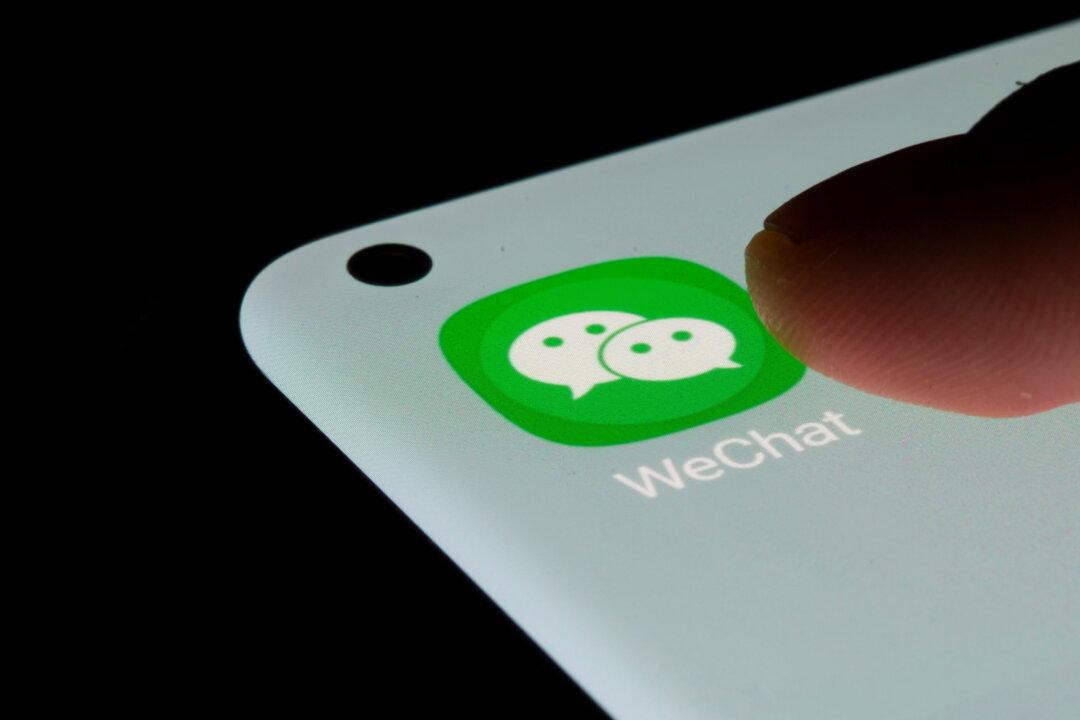An expert has warned that countries around the world should regulate WeChat because it is actively seeking to undermine political systems and civil societies.
WeChat, which is alternatively known as Weixin, is a Chinese instant messaging, social media, and mobile payment app developed by the Chinese company Tencent.




